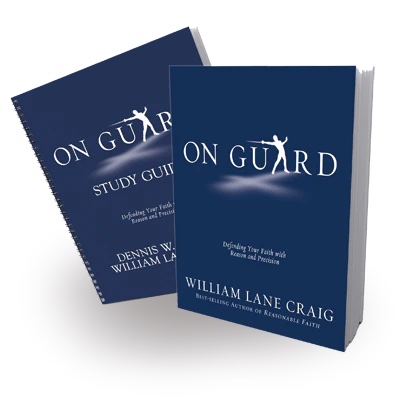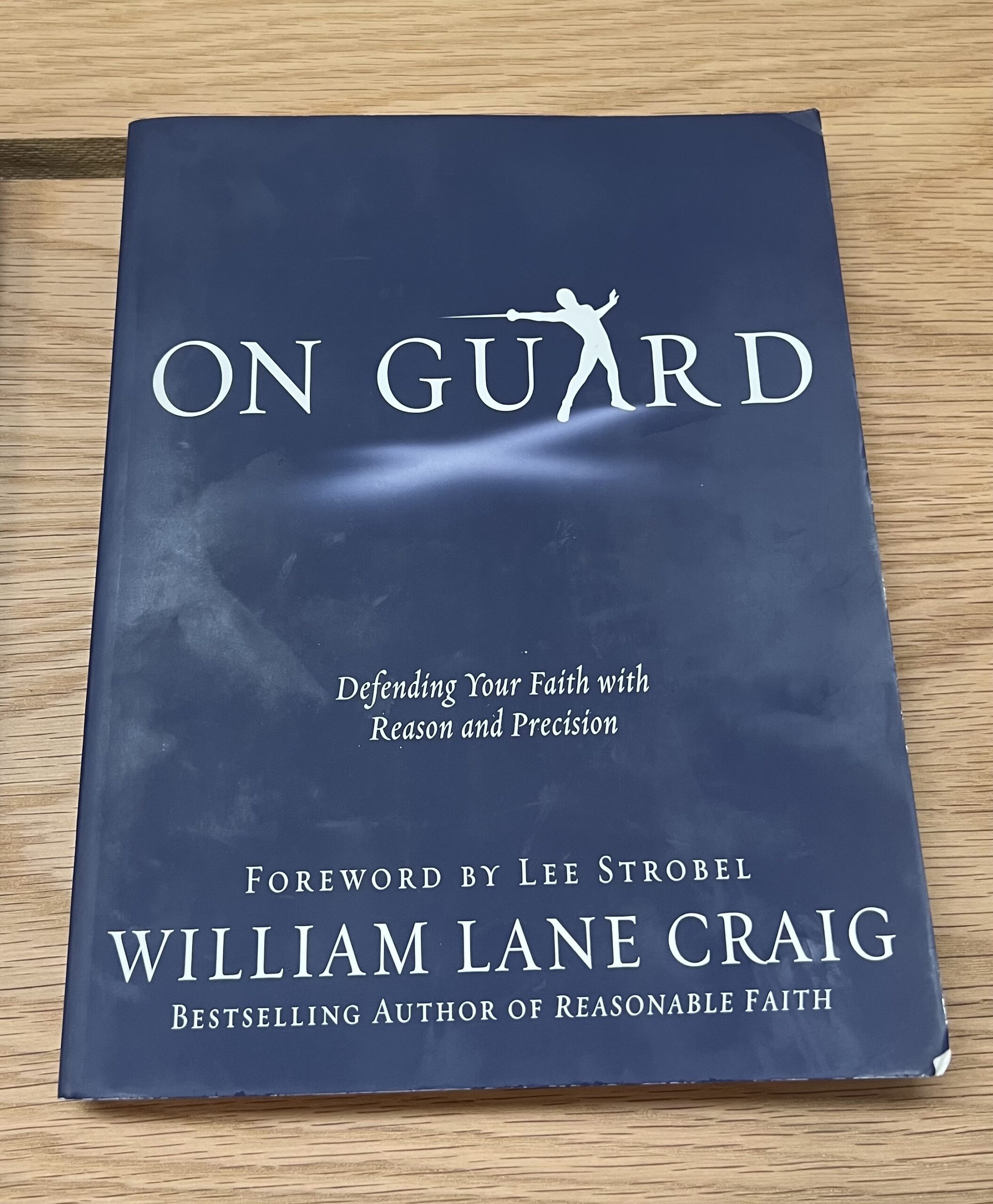Christianity in the United States is declining.
A 2022 Pew Research study found that the percentage of Americans who identify as “Christian” stands at just 64%, down from 90% fifty years ago. “Religiously Unaffiliated” is the fastest rising identification group and could soon become the majority in the United States.
My Background With Christianity
I grew up an evangelical Christian and remain one to this day. As I grew older and became a well-educated intellectual, I would often ask questions of myself and others close to me: why do I believe this? Is there evidence to support this view? What makes Christianity potentially more viable or reliable than other religions?
There are others close to me who would often answer, “Faith.” And to that I would ask, “Followers of other religions and gods have faith? What makes their faith ‘wrong’?”
The reality is that the simple answer of “faith” is not only not helpful but is woefully inadequate. It is contributing to the declining numbers I referenced above regarding Christianity in the United States. So, over the years I’ve done a lot of my own reading and research, along with my own life experiences and spiritual encounters.
Now that I’m out of school I’ve been getting back into some reading of my own choice. I believe I was given this book in my first year of undergrad at Indiana University, and I never really picked it up and read it extensively until this month.

My Review Of On Guard
The author is clearly very intelligent, and I actually found some of the concepts to be somewhat complex. It was more of a philosophical book providing “reasoning” for a divine creator than it was of historical and scientific fact to support the Bible. But, it had a little bit of both and here are a few key takeaways I thought you might find of interest:
1.) The scientific evidence indicates that the universe is expanding. It likely expanded at a very fast rate in the beginning. The inference from that is that if you reverse the expansion, it at one point had a beginning. The universe is thus not eternal, something can’t come from nothing, and the scientific view of the initial “Big Bang” is very much in line with Genesis 1, “Let there be light.”
2.) The veracity of the New Testament Gospels…it’s irrelevant that they were written 2,000 years ago. What is relevant is the proximity to which they were written in conjunction with the events written about (15-50 years from Jesus’ crucifixion). In addition, the events described are in line with other non-biblical historical sources of the day, including the Roman census near Jesus’ birth, the factual existence and governorship of Pontius Pilate, and the well-documented rapid conversion of Jews during Jesus’ ministry as word of His miracles spread. Matthew, Mark, Luke, and John are works of historical nonfiction, not fictional storytelling, written by authors who either directly witnessed these events or were in close contact with people who did.
3.) One final example. The Jewish leaders in Jerusalem did not dispute the Empty Tomb. Jesus’s tomb was empty. People knew where he had been buried. To dispute the Resurrection all the Jewish leaders would have had to do was produce the body. Say, “see, here he is.” To squelch the rising new Christian rebellion- they created the lie that the body had been stolen. This despite hundreds of people saying and writing that they had seen the risen Jesus, and the fact that Roman guards had been placed in front of the tomb. So, the tomb was empty. That is a fact.
Where I Stand On Christianity
I believe Jesus rose from the dead just as I believe that George Washington crossed the Delaware.
Anyway, check out the book if you’re interested. I also enjoyed Killing Jesus by Bill O’Reilly, and there are several other works of interest including The Case for Christ by Lee Strobel and certain works by Ken Ham of the Creation Museum.
